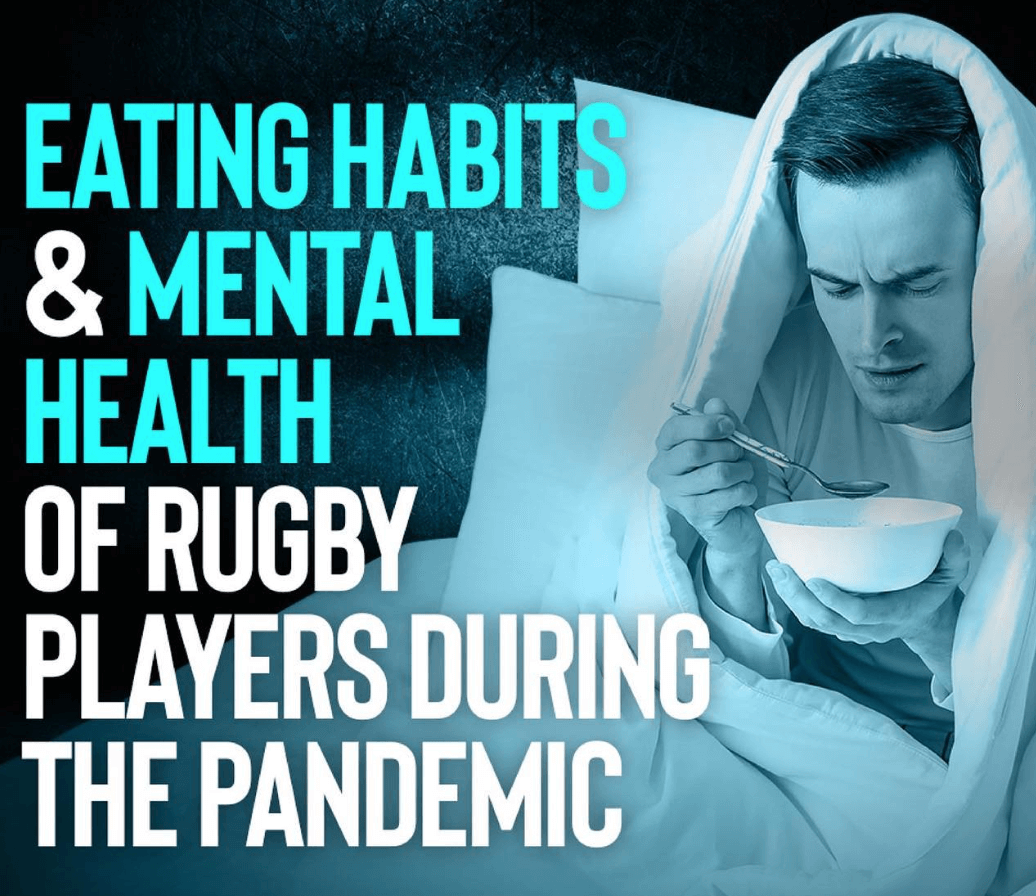Social isolation during the COVID-19 pandemic impacts the mental health and diet of populations.
Studies have shown links between the COVID-19 pandemic and observed negative changes in food intake in populations. According to various studies, the global impact of COVID-19 on mental health is an obvious fact.
PMID: 33316900

Rates of symptoms of anxiety, depression, and stress have been evidenced in a proportion of the population of various countries such as China, Spain, Italy, Iran, the United States, Turkey, Nepal, and Denmark.
PMID: 32799105
ANXIETY – 6.33% – 50.9%
DEPRESSION – 14.6% – 48.3%
STRESS – 8.1% – 81.9%
In athletes, depression, anxiety, and traumatic stress are among the leading health problems during the pandemic.
PMID: 32762510
Based on a 2020 study, 42% of participants who reported changes in eating behaviours during confinement attributed this change to a higher prevalence of psychological disorders such as depression and anxiety.
https://doi.org/10.3390/foods9050675
AIM OF THE STUDY
A study aimed to evaluate and analyse the eating habits and mental health status of Peruvian rugby players that were affected by the quarantine of the COVID-19 pandemic.
PMID: 34504708
METHOD
- A cross-sectional study was carried out through a pre-structured online survey of 74 players, 42 men (56.8%) and 32 women (43.2%). All were members of the Peruvian Rugby Federation.
- The average age was 20.5 years. Participants completed a validated food frequency questionnaire and depression, anxiety, and stress scale.
RESULTS
22.6% of the players reported having experienced some type of depression, whereas 10.3% reported mild symptoms, while 8.1% and 4.2% reported moderate and severe symptoms, respectively.
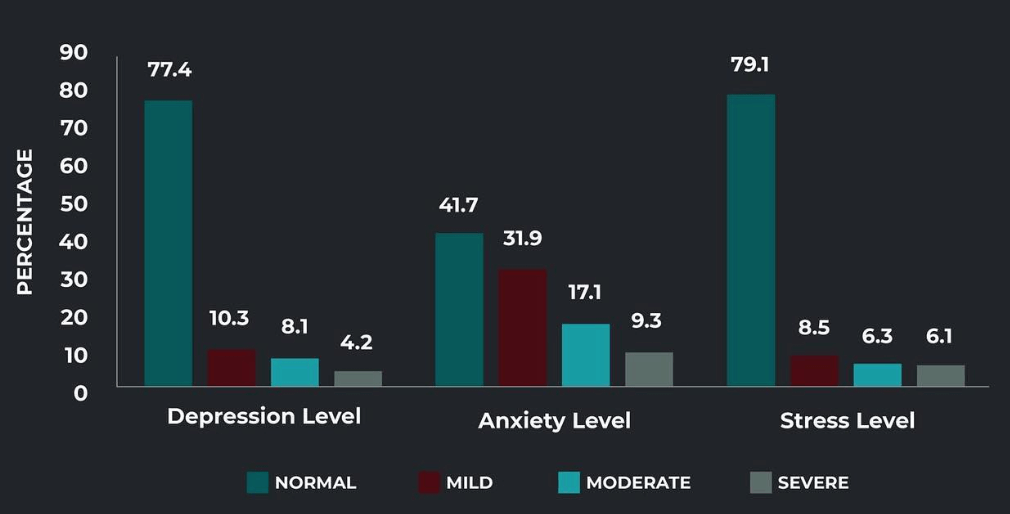
More than half (58.3%) of the players experienced anxiety, among which 26.4% reported moderate and severe symptoms. More than 20% of the respondents in the sample reported experiencing stress and the majority 12.4% reported moderate and severe stress.
More than half of the players reported that their total food intake remained the same or increased during the pandemic.
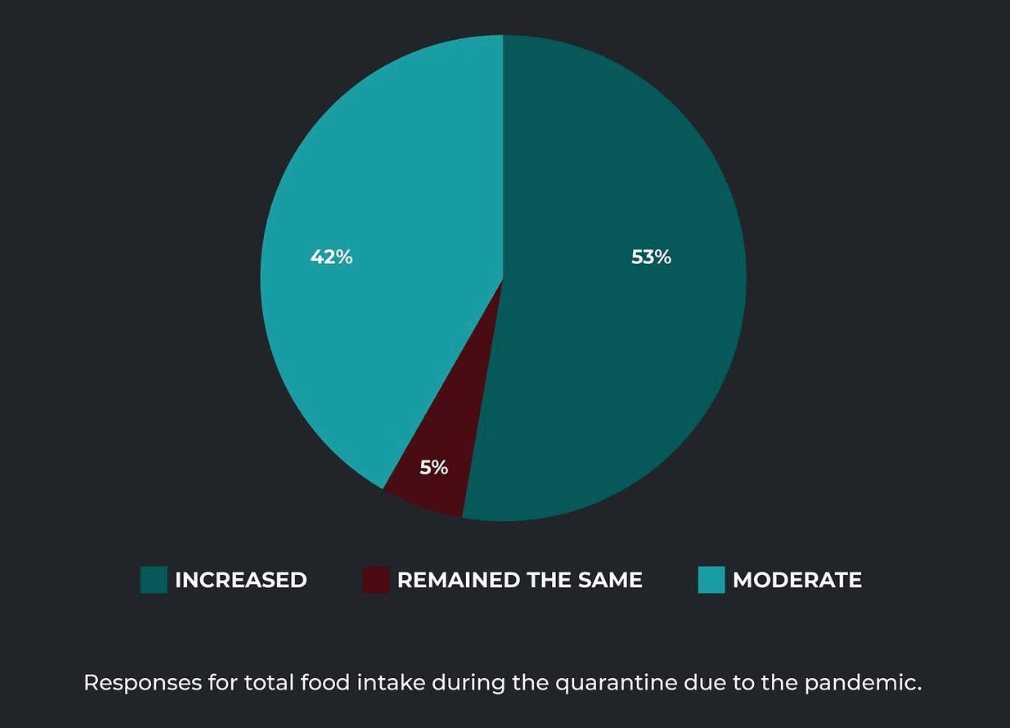
More than half (59.1%) of the participants reported that they had increased healthy food consumption during the pandemic.
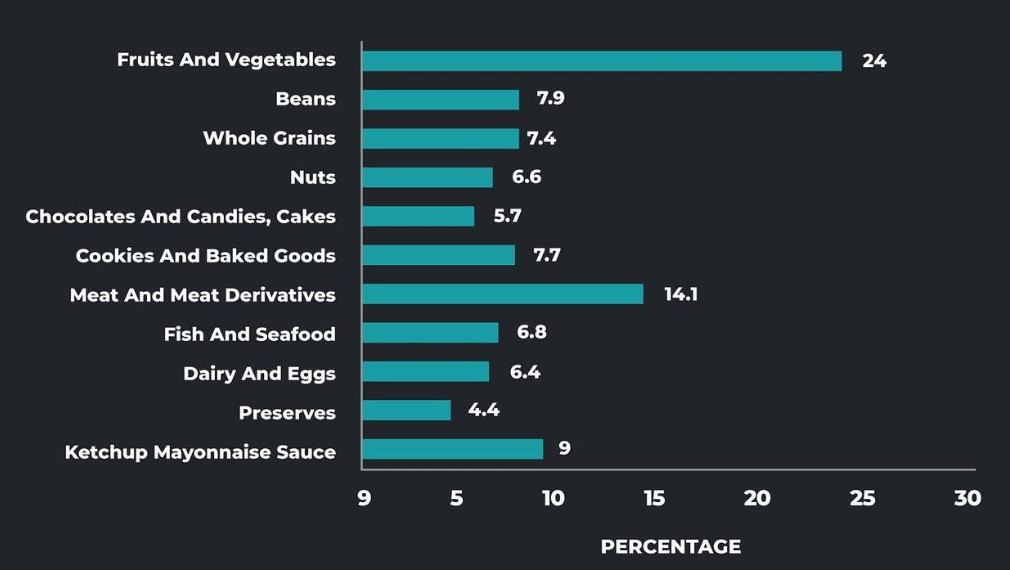
24% reported consumption of fruits and vegetables, followed by 7.9%, 7.4%, 6.8%, 6.6%, and 6.4%, reporting consumption of beans, whole grains, fish, nuts and dairy products, and eggs, respectively.
More than 67% of the respondents in the sample reported that they had increased their consumption of healthy beverages.
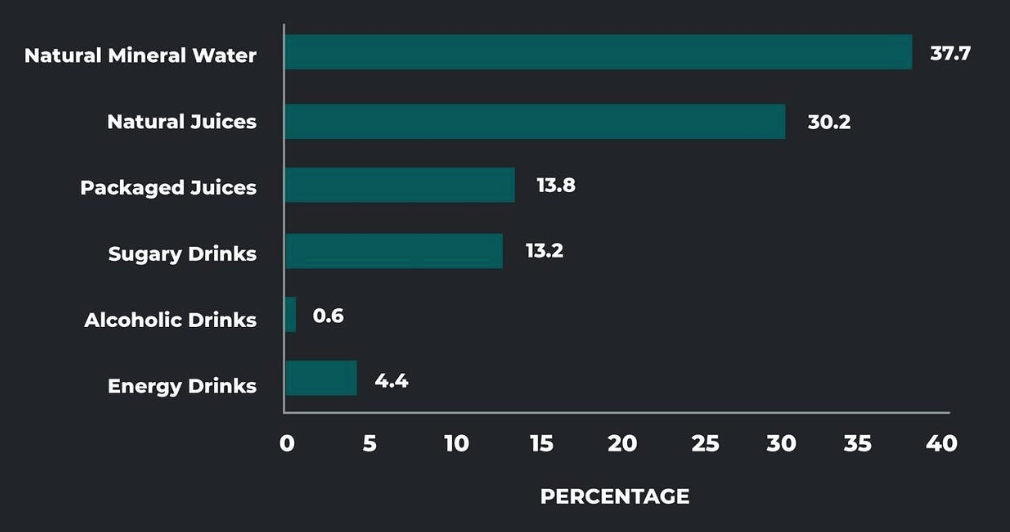
37.7% reported an increase in the consumption of natural water and 30.2%reportedg an increase in the consumption of natural juices. A smaller proportion reported increases in the consumption of alcoholic beverages (0.6%).
CONCLUSION
The risks of depression are evident among Peruvian rugby players who reported inadequate food intake. The results of the study show changes in dietary intake during the pandemic. Likewise, anxiety is prevalent among Peruvian rugby players. Participants were less likely to report depression and stress.
Thus, It is essential to monitor the emotional well-being and dietary intake of athletes such as implementing a program of psychological support for players and nutritional counselling.
P.S You can buy any 3 items from our new range for £50 (saving you £25), We ship globally too.
Use code “3for50” to apply the discount.

